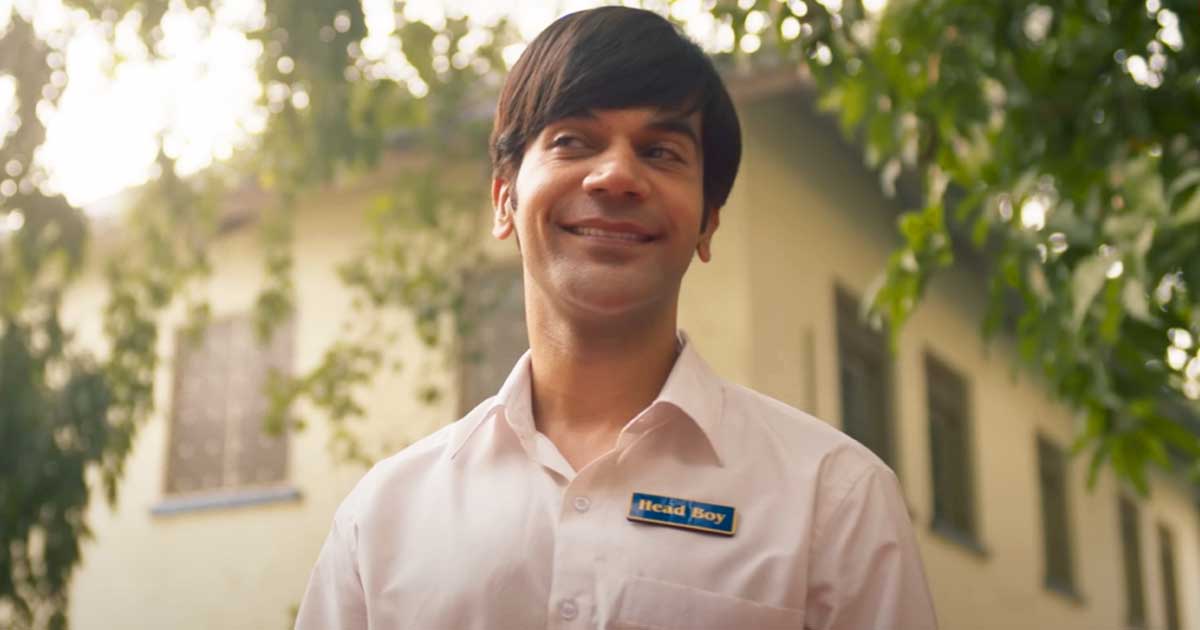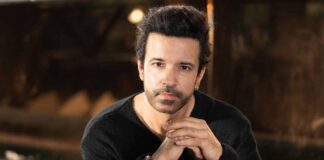
Not all patriotic movies mentioned the enemy nation by name. It was all about a ‘dushmun desh’ with junior artistes with oriental features and actors made to resemble them, for China (to whom we lost in 1962) was the major enemy! Pakistan as an enemy was rare.
All that changed after Border in 1997, which was a dramatized version of the Longowal battle in the 1971 Indo-Pak war. Obviously, Pakistan had to be named and shown here. But Sarfarosh, released in 1999, was the first fictional drama to show our neighboring country openly as the ‘villain’ waging proxy wars. Eerily, the Kargil conflict happened within weeks of its release. And despite our then-Prime Minister’s friendly overtures to them, our recalcitrant neighbour continues to foster terror and express that they want Kashmir!
The anti-Pakistani sentiment, especially when we heard applause in sections of the nation when India lost a cricket match to them, was soon heightened. And Anil Sharma’s Gadar—Ek Prem Katha, which took us back to the horrors of Partition, dished up a story that showed how negativity in certain individuals helped play the religious card, just like Inspector Salim, played by Mukesh Rishi in Sarfarosh, was told to join his co-religionists and wage a subtle war against India by Pakistani agents! His scathing rejoinder that because of a few rogues like them, their entire community is blamed was a damning remark about reality.
Trending
In this era, movies were also made about the freedom struggle in which all Indians participated, including both fiction and bio-pics like Lagaan and The Legend of Bhagat Singh respectively, but there was also a fillip to espionage dramas that were about Pakistan.
However, what most audiences who relished the well-made movies, fictional (Dus) or based on reality (The Ghazi Attack, 16 December) and rejected the below-par ones (Batla House, Romeo Akbar Walter, Tejaa) failed to realize was that films still worked or failed exclusively on their cinematic merit and resonance with the audience.

The pseudo-brigade soon formed a term for movies that exposed hidden (usually deliberately) truths from the populace, terming them as “Propaganda Films”. And I feel that the original credit for this ruthless and fearless depiction of our internal enemy again goes to John Matthew Matthan, who even exposed how Pakistan influenced gullible or greedy Indians into siding with them.
Such films, like The Kashmir Files, The Kerala Story (whose true stories are available on YouTube), URI—The Surgical Strike, Parmanu: The Story of Pokhran and Article 370 are as much true history as the stories we have heard of Shivaji, Aurangzeb, Rani Laxmibai or Bhagat Singh.
And so it was ironical that truth was labeled as ‘propaganda’ and actual propaganda was taken to be the truth!
As we endorsed gripping patriotic movies (and even series like the Avrodh franchise) across big-screen (Baby, Raazi, Sooryavanshi, Jawan, Fighter, and that all-time classic A Wednesday!) and OTT (Shershaah, Gunjan Saxena: The Kargil Girl, Mission Majnu), critics decided to find a new word—“jingoism”.
Here is the definition of the term: “Jingoism is nationalism in the form of aggressive and proactive foreign policy, such as a country’s advocacy for the use of threats or actual force, as opposed to peaceful relations, in efforts to safeguard what it perceives as its national interests.”
Personally, I have issues even with this ‘meaning’! If we are experiencing covert and overt threats from our neighbours even after years of peace overtures and welcoming their sportsmen and artistes (as shown in Sarfarosh and in real life!), should we not, whenever necessary, use actual force to safeguard our national interests, including every Indian’s life?
Note how every such film, termed jingoistic or propaganda-based, has artistes and technicians from across the board involved in it. Note once again that films work only on merit, as said above, and not on any political agenda. Note also that even now, in this digital era, films are family and friend outings in principle, and that many among the Indian society are still semi-literate or worse. And for all these simplistic souls, a few over-the-top (as with other shades of emotions shown in our movies) a few sequences of overt patriotism are possibly very necessary to ignite the true spark of deshbhakti.
And if such films are performing this key “duty” and are increasing in numbers, who are we to object?
Must Read: King Charles Chooses To Meet David Beckham Over Son Prince Harry Citing “Full” Schedule (Report)
Follow Us: Facebook | Instagram | Twitter | Youtube | Google News



 Follow Us
Follow Us









